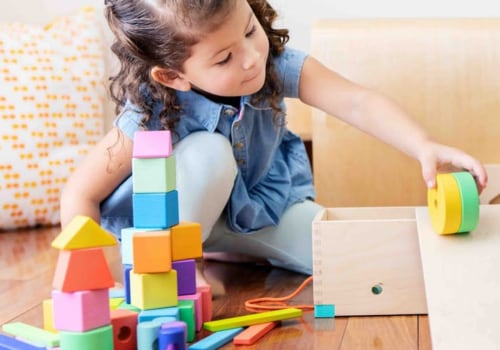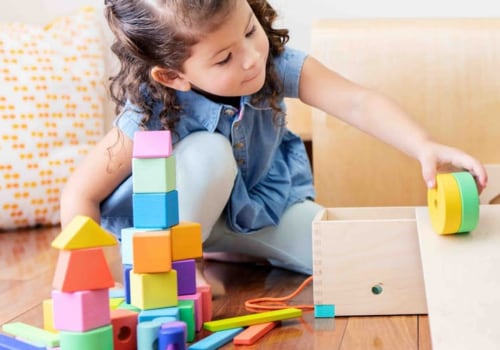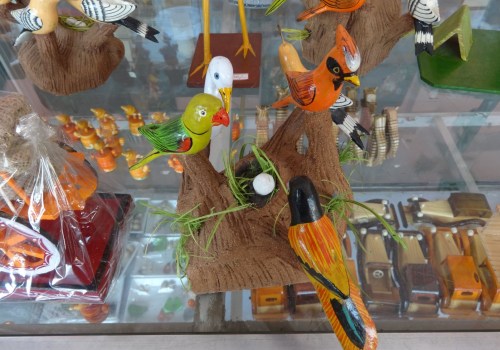As an expert in child development and education, I have seen firsthand the impact that toys can have on a child's growth and development. That's why I am a strong advocate for wooden toys. Not only are they more durable and environmentally friendly than their plastic counterparts, but they also promote meaningful play experiences that can help children develop essential skills. One of the main advantages of wooden toys is their durability. Unlike plastic toys that often break easily and end up in landfills, wooden toys can last for generations.
This not only reduces waste but also makes them a more sustainable choice. Additionally, good quality wooden toys do not contain harmful chemicals such as PVC or phthalates, which are often found in plastic toys. But durability is not the only reason why wooden toys are the best choice for children. They also have a timeless appeal that sparks imagination and creativity. Whether it's playing with a wooden horse or building colorful structures with building blocks, these simple toys can transport children to different worlds and encourage them to think outside the box. Moreover, wooden toys have a long service life and can be passed down to younger siblings, relatives, or friends.
This not only saves money but also teaches children the value of taking care of their belongings and passing them on to others. As an expert, I am also concerned about the potential health risks associated with plastic toys. Many plastic toys contain hazardous chemicals that can leach into a child's digestive system and bloodstream. In contrast, wooden toys are a much safer option as long as they are not made with formaldehyde-containing wood or toxic finishes. It's no wonder that in recent years, there has been a resurgence in the popularity of wooden toys. Major retailers like John Lewis, Argos, and The White Company have all jumped on the wooden toy train, recognizing the benefits and appeal of these toys. But what makes wooden toys so special? For one, they come in a variety of forms and can be used for different types of play.
From construction toys that develop fine motor skills to loose parts for painting and creating, wooden toys offer endless possibilities for learning and fun. Furthermore, wooden toys are suitable for children as young as three years old. This is the age when children start to develop essential social skills that will benefit them throughout their lives. By playing with wooden toys, children learn how to share, take turns, and communicate effectively with others. Of course, safety is always a top priority when it comes to children's toys. Wooden toys are generally safe, affordable, and durable.
They also play a role in the development of mental and physical abilities. For example, building with blocks can improve hand-eye coordination and problem-solving skills. However, it's important to note that wooden toys do have some limitations. They can expand and crack in extreme heat and should not be soaked in water unless they are treated to be waterproof. Additionally, while most plastic bottles can be recycled, plastic materials from broken or discarded toys often end up in landfills. One type of wooden toy that has gained popularity in recent years is the construction toy.
Similar to Duplo and LEGO, these toys allow children to build and create using different pieces. However, they connect in a unique way compared to traditional plastic building blocks. As an expert and a parent myself, I believe that we have a responsibility to make conscious and intentional toy purchases for our children. By choosing high-quality wooden toys, we not only provide our children with safe and durable playthings, but we also contribute to a more sustainable future for them.



